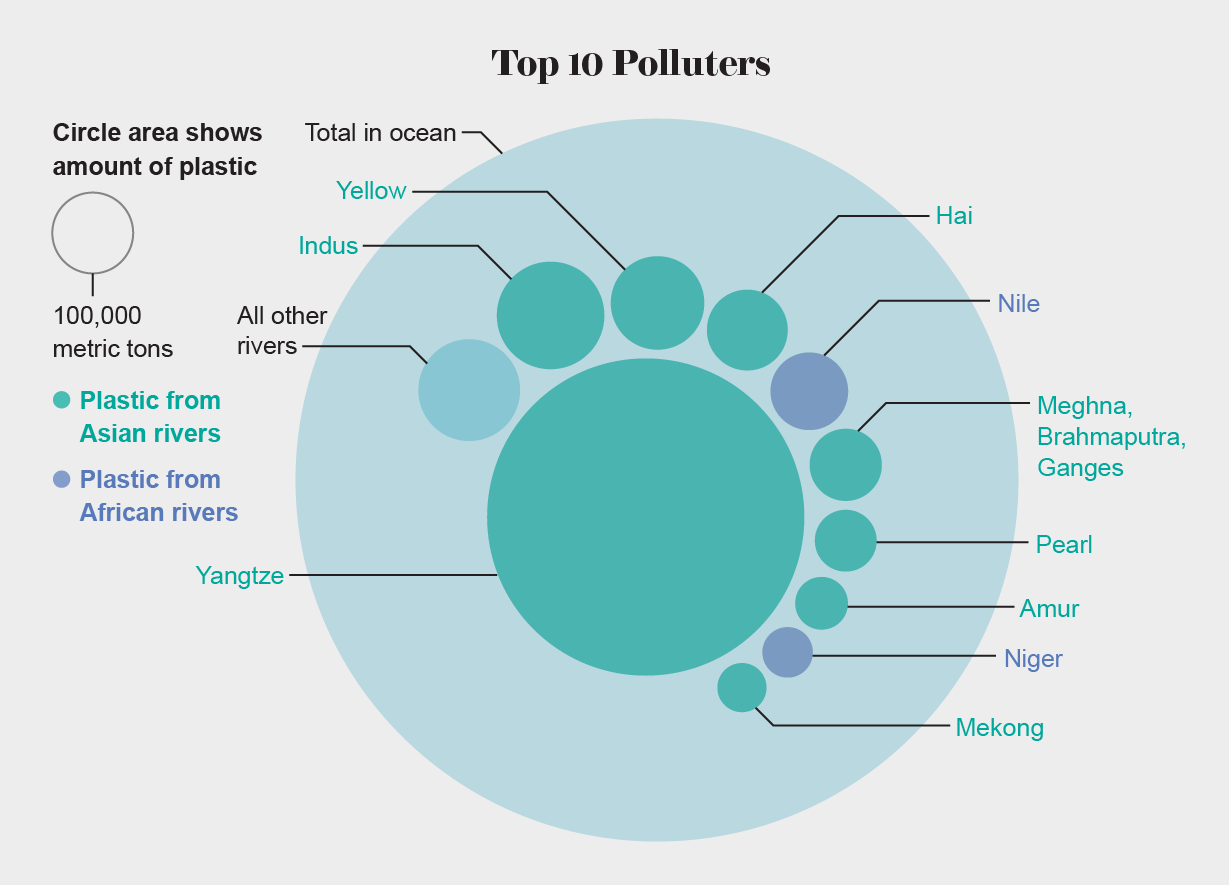There are all kinds of people who have all kinds of ideas on how best to find God. And the thing is, that they'll by and large give you a list of things to do that are typically non Biblical, and they'll tell you 'just do that, and you'll find God.' But the problem with all of that is that very few people have gone to heaven and ever been seen again. That is, very very few people have been to where God is, and have been seen again.
And those people didn't tend to leave a whole lot of instructions afterwards. If you want to spend a hot minute thinking about it, Lazarus comes back from the dead, is unwrapped, and is released, and then is seen in the story again but doesn't have any more dialogue. That is, his perspective on death isn't shared with any of the readers. The only one who goes to Heaven, to where God is, and returns and talks about it is Jesus Christ himself.
The way it works, is that if you have a list of things to do in order to get to God, given to you by well meaning people, those things will always pull you towards that list, and you're going to get into troubles when those are things you're not doing. Sure, the list may seem innocuous, but no matter how small the list is, you're going to find yourself smashing through that problem in morality. I'll explain why I mean.
In Star Trek, there's an episode in which the Enterprise crew goes to a paradise planet, where there are no problems, no issues, and no crime. There's only one rule, the rule changes every once in a while, and if you break the rule, the sentence is death. Of course, Wesley breaks the rule by falling into a flowerbed, and is sentenced to death. "Fortunately" Wesley gets beamed back to the Enterprise, and they all move on, leaving those primitive people to their primitive ways. But it does suggest that the essential core morality of the Bible is predictable, really. That is, it doesn't matter how simple the instructions of God would be, you're still not going to do it.
I want you to know that the story of Genesis, where God only has one rule for humanity, is the story of people not sticking to that one rule, which wasn't particularly difficult - that is, God says to not eat only one kind of fruit, and people did anyway. Whether or not you think that story literally happened, hopefully you will gather that as far as morality goes, it doesn't matter how simple a task or rule would be, eventually you'd run up against breaking it.
That's why the 'follow me' mentality has to be configured properly. For to follow Jesus doesn't actually mean that you obey a set of dictats, but rather that over the course of a lifetime, you follow where he would lead. And where might that be?
Paul talks about his own preaching, and he says to the people 'I came to know nothing among you but Christ and Him crucified.' He talks about the cross, about how it is folly to those who are perishing, but to those of us who are being saved, it is the power of God. The cross. The cross. You see, when Jesus is moving about, a generous part of what he wants is for his disciples to literally follow him - to walk where he walks, and to go where he goes. He wants them to follow where he goes in order for them to see what it is that God has in mind for them to do. Yes, he clearly has advice, guidance and so on, but we miss so quickly that his advice is so big as to be laughable - he wants you to pull your eyes out if they lead you to sin, to cut your hands off if they cause you to sin, to give without ever wanting back, all that, and deep down we all know that all of that is true, of course, but when he says 'follow me' he means to follow where he leads, and to see what he does.
He heals the sick, raises the dead, comforts the ill, makes the blind to see and the deaf to hear, multiplies loves and fishes, dies and rises from the dead, and says to you not 'do all this, and you will live,' but instead, 'repent and believe in the Gospel.' That's our work, you know, to repent and believe in the gospel, to see our sin and turn from it, and to believe that our sins can be forgiven. If we follow Christ, we will follow him to the cross, that's where the entire plan of God leads to. God knows that no matter how easy his rules are that we're not going to do them perfectly, so he deigns to call us to follow him so that we can see where Salvation comes from.
Paul is a teacher and preacher, and he does have things that we should either do or avoid, but he, like all the preachers in scripture, show you your sins not as more things for you to do to find God, but as things that show the grace of God when you come to him for forgiveness. Because that's what the story of the scripture is all about.

